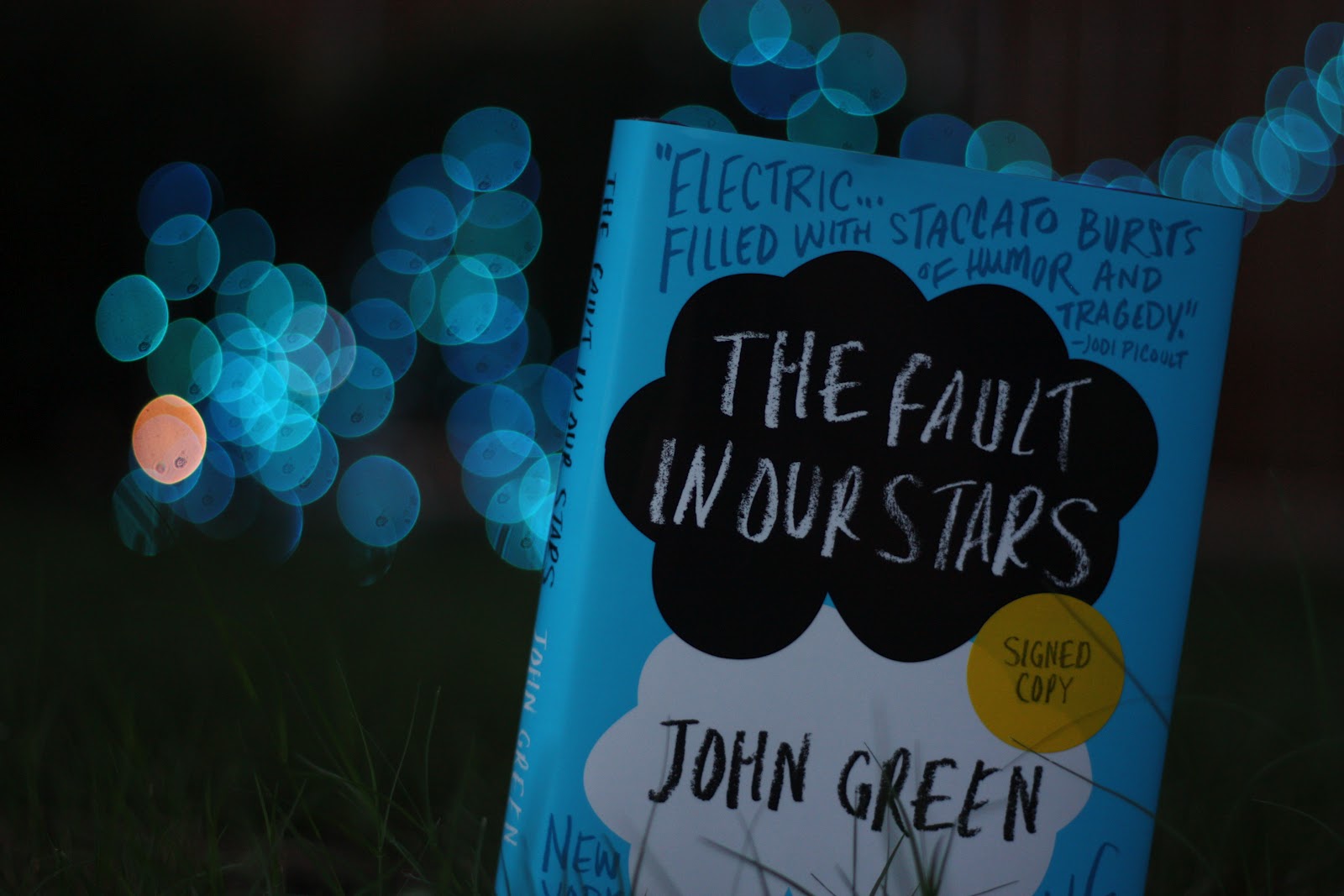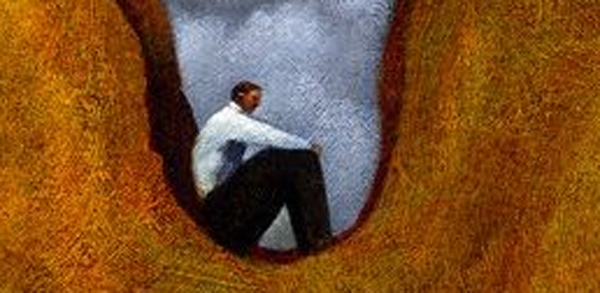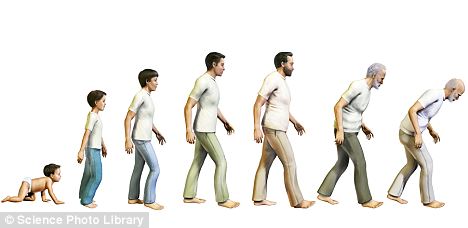In the New York Times the other day, I read about a famous Young Adult book editor at Dutton who gives her authors 20 pages of harsh critique on their manuscripts, and they cry, and then revise, and get bestselling results. She has more bestsellers, apparently, than anyone else. John Green, author of the mega hit book The Fault in Our Stars, now a major motion picture, as they say, is one of her authors. And so when I saw his popular book on a used book table in an airport bookstore this week, I bought it to find out how mega bestselling books are written - something a philosopher would not know. I promise you that. And I read it on the airplanes of the week.
The book is good. I recommend it. It's a story about two teenagers in Indiana who have cancer and fall in love. The girl, Hazel, who is 16, loves a book once written by a reclusive novelist who now lives in Amsterdam. She's read it over and over. She meets a boy, Augustus Waters, when he visits her support group for cancer kids. He's hot, so they talk, and he decides to read the book she loves so much. And then, Spoiler Alert, he uses his "Wish" (for very sick kids to have special experiences) to taker her to meet her hero, the author of her favorite book, in Amsterdam. They find that the man is quite different from what they expect. But despite their disappointment in that main facet of the trip, love blossoms. Then: Someone dies. And the nature of our universe is prodded and pondered.
It's a surprisingly philosophical novel. And, again, I liked it. But do you remember how the characters in the hit tv show Dawson's Creek used to talk like graduate students, instead of the high schoolers they were supposed to be? Ok maybe you didn't watch. Well. These characters, the girl 16, and the boy 17, talk and think more like exaggerated versions of Ivy League professors.
Hazel, the girl, speaks with words like: veritably, decrepit, horrifically, toroidal, disheartening, dysmorphia, incessantly, feign, taut, catastrophic, hamartia (the ancient Greek word for sin), gutted, ludicrous, flummoxed, gratuitous, luminous, and indefatigable, as well as in phrases like “waiting, as we all do, for the sword of Damocles.”
She thinks, and narrates to us, with words like rapture, sedentary, ferocity, tenuous, misnomered, elicit, coterie, irreconcilably, succulently, malevolent, encroached, transfigured, commiserate, cloyingly, prematorium, eponymous, irrevocably, rotundity, labyrinthine, and lumen, and also in phrases like “the tears not like tears so much as a quiet metronome,” and “existentialist experiment,” and “a bodily sovereignty,” and again, “existential curiosity,” and “a quantum entanglement,” and “the sound of a parent’s annihilated voice,” and “depraved meaninglessness,” as well as, finally, “the absolutely inhuman nihilism of suffering.” Do sixteen-year-olds ever actually go around talking and thinking like this, anywhere other than the Indiana of the book?
Augustus, the 17 year old boy, and former high school basketball player, speaks with words like sacrality, trope, perseverant, eviscerated, and self-aggrandizing, and with phrases like “The day of existentially fraught free throws,” “the men and women who wait like Vladimir and Estragon wait for Godot,” and “awash in the nobility of sacrifice,” and again, “awash in the metaphorical resonance,” or “the Whitmanesque revelation,” and “the terrible ferocity,” and “the incessant mechanized haranguing.”
But they also curse in really normal curse words, and Hazel often agrees with Augustus in the new faddish phrase, "I know, right?" And she eventually describes her formerly admired novelist as "the world's douchiest douche." (184) So there is quite a dynamic spectrum of language represented in the book.
Hazel's really popular fashionista high school friend, Kaitlin, uses phrases like "preemptive dumping,” and “lascivious details,” and speaks of “unconscionable” luck. And then she buys lots of cute shoes.
Parents occasionally speak professorially, but not nearly as well as the kids. A nurse gives an abstract of the news that sounds like something Jon Stewart might do after getting his own PhD in pop culture.
The prose of the book is sometimes really really aggressively MFA (Master of Fine Arts degree). And some of the ideas are, as well. But it's all very clever, despite striking me as incredibly unrealistic. Of course, maybe that's just me. I've never been around kids who ate dictionaries for breakfast and alphabet soup for lunch.
But I think the author does a good job of bringing up some big issues about life, death, disease, afterlife, consciousness, fairness, fate, and honesty that we all need to contemplate. I think I will contemplate them with you some tomorrow, or the next day. If you've read The Fault in Our Stars, let me know what you think.
So maybe I know now, indisputably, irrevocably, and inerrantly, if not sublimely, what it takes to write a Number One New York Times bestseller. I've got to practice my prolixity, at least enough for the inexorable to occur.












































